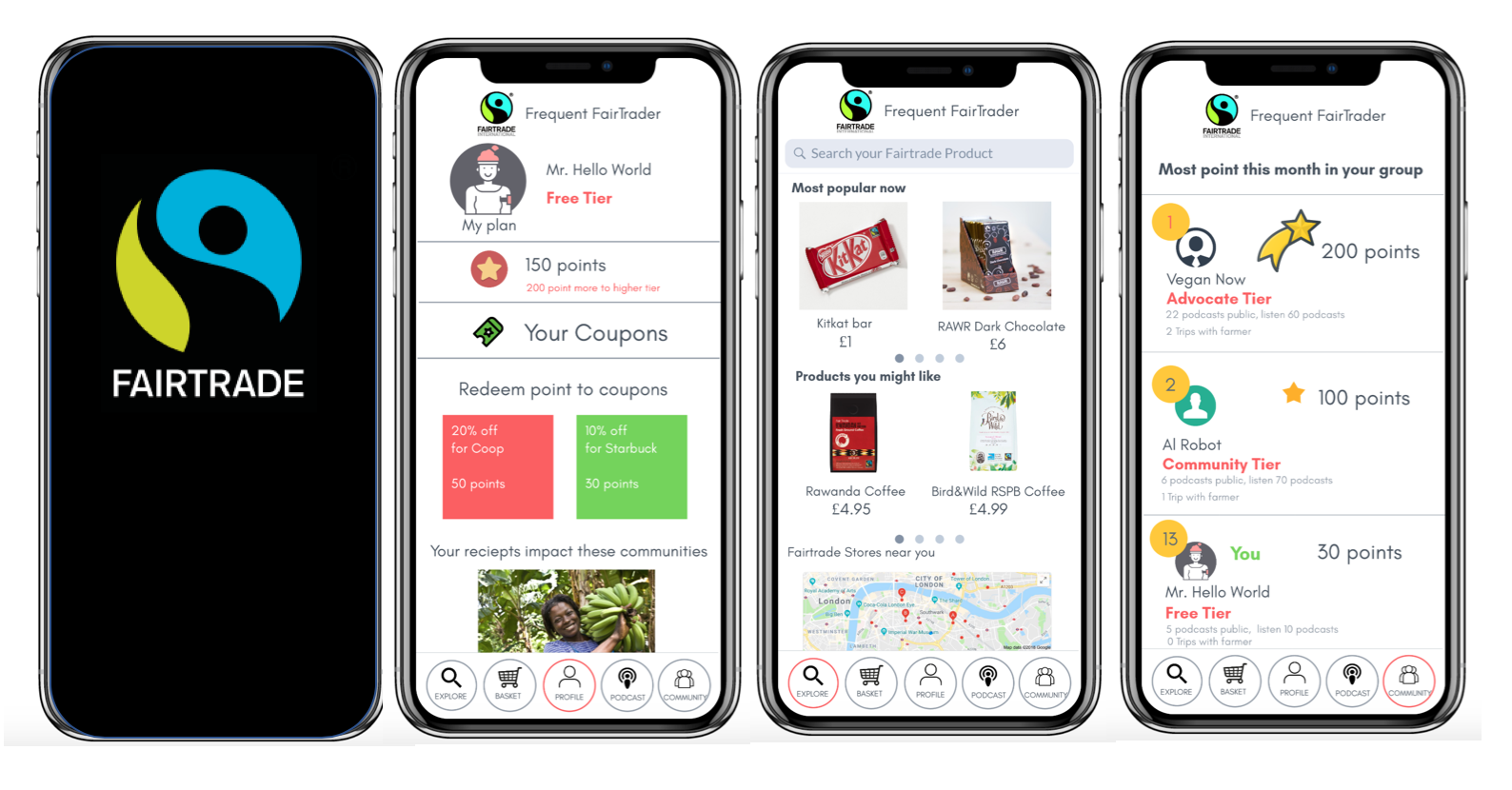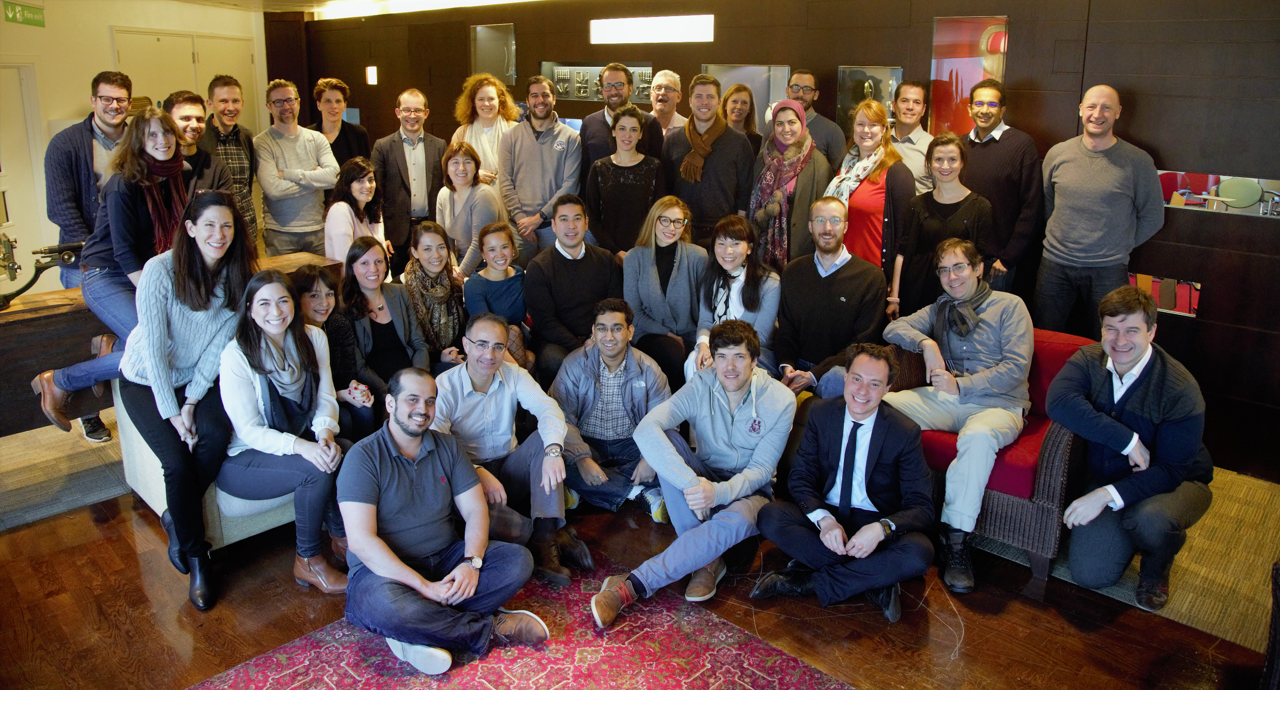By Hayley Geary
A summary of a group project carried out by Hayley in collaboration with Lara Neervoort and Roni Turkenitchas as part of their MSc Psychology of Economic Life.
What can behavioural science tell us about why we use Facebook?
Your data is their currency
Within the last decade, social media platforms have become increasingly embedded in our daily lives. The largest of these is Facebook, with over 2.23 billion users, an estimated value of $629 billion in July 2018 and approximately 1.52 billion logins per day. Facebook’s dominance of the social media landscape can be linked to the nearly unparalleled social networking services it offers at no monetary cost to its users. How then does Facebook make money?
Since its inception, Facebook has routinely collected and sold our personal data to third-parties. Data which we have often readily given out without a second thought. Our entire digital footprint is combined to form comprehensive behavioural profiles, which are used by advertising firms to sell us goods and services. This largely happens online where highly targeted and personalised ads are created in an attempt to manipulate what we buy, with alarmingly high success rates.
This lack of transparency raises clear ethical concerns about consent and privacy, but it is only the tip of the iceberg. Beyond ‘legally’ exploiting user data, Facebook has also become embroiled in a number of international lawsuits and investigations regarding the illegal misuse of users’ data for reasons that such information was not intended for. For instance, personality profiling via Facebook data was used to tailor political campaign messages in both the 2016 US Presidential Election and the UK’s 2016 Brexit Referendum, posing serious threats to the democratic process.
The growing awareness of these shady practices is largely responsible for the increasing reported mistrust in Facebook. Why then, despite our suspicions, does the platform retain such high traffic?
Many answers to this apparent contradiction lie within behavioural science. As part of our, MSc programme – ‘Psychology of Economic Life’ – at the LSE, we tackled this question, considering various insights from psychology and economics that could help us make sense of why we still use Facebook despite its fairly well-known harms. Based on this analysis, we proposed hypothetical short-term and long-term solutions to help users actively protect their privacy online.
Why can’t I just delete it?
Little foresight and a reluctance for government regulation has made this data mining-based industry highly profitable and invasive, with no indication of change. Governments have thus far been unable to protect us from Facebook’s ‘1984-esque’ practices, so what can we, the users, do about it?
One glaringly obvious solution is to delete your Facebook account. However, this is easier said than done, and developers know this. They created the platform to facilitate our continuous spread of personal information through the physical layout of Facebook. From filling in our educational history and music preferences when we set up an account, to regularly updating our friends on where we go and what we do, little red notifications encourage our engagement.These notifications represent a powerful and immediate form of social validation, giving us dopamine hits which keep us coming back for more.
An additional explanation for our love-hate relationship and often reluctant but consistent use of Facebook is the ‘Network Effect’. The more users on the platform interacting and sharing information, the more useful the platform becomes and the more users join. This additive cycle prevents us from deleting our account because we don’t want to be excluded from online social activities. To avoid experiencing fear of missing out (FOMO) and the negative psychological impacts it results in, we keep logging in.
What to do about it? Pro-TECH-t It
If we want to delete Facebook for privacy concerns but find it difficult to completely cut it from our lives, a solution that would allow us to both control our data and still use the platform seems needed. As part of our MSc project, we proposed to develop a browser add-on that could do just that. We named it ‘Pro-TECH-t It. Once installed, the add-on would present users with pop-up notifications that would highlight the personal data Facebook possesses and who they are selling it to. This would increase transparency and foster trust between users and Facebook. Additionally, a tiered-membership system could allow users enhanced control over their data. For example, individuals could limit the amount of their data Facebook has access to in exchange for reduced use of the platform. Choosing privacy over unrestricted access might be an option many Facebook users would want to explore and our add-on – ‘Pro-TECH-t It’ – could facilitate this. Through this technology, users can become a ‘pro’ at protecting their data.
Image: Pro-TECH-t It example on Facebook
What to do about it? The Blockchain approach
‘Pro-TECH-t It’ offers a short-term solution to Facebook’s data privacy conundrum. However, the social media giant will still collect and generate user profiles for ad agencies and potentially other, more Machiavellian, purposes. An alternative many in the tech world are now exploring is developing new social media platforms using Blockchain technologies. There are numerous reasons why Blockchain-based social media is being heralded as a way forward, but perhaps the most important is that, under this model, users are not products. A Blockchain platform could not sell your information to others without your explicit permission. This would go a long way to alleviating those transparency and consent issues and could render our short-term solution -‘Pro-TECH-t It’- unnecessary in the long-run. While block-chain based social network technology is in the very early stages of development, the enhanced security it could potentially offer makes it a promising long-term alternative to the status-quo.
Where to now?
Blockchain solutions will require large disruptions to the current social media landscape. Facebook users will always have the option to delete their accounts to accomplish complete data privacy. However, this is unlikely to happen at scale any time soon without the provision of attractive alternatives or incentives. In the short run, Facebook users should be encouraged to engage in safe data practices and use and add-ons like ‘Pro-TECH-t It’ to take back control of their data.






